FLN Mission i.e. “Foundational Literacy and Numeracy”, was enacted on 16th December 2021 by the Ministry of Education with a greater emphasis on providing a comprehensive and holistic education foundation for children.
Its relevance can be understood by the fact that all other policies and frameworks depend solely on this foundational platform. It is observed that if a child is not able to cope up with Foundational Literacy and Numeracy, there is a greater chance that the child may drop out of school which in turn affects the Gross Enrollment Ratio (GER).
Today, there is a strong national concern regarding the poor learning proficiency of children at various stages of school education. The National Education Policy (NEP- 2020) and Globally FCDO, UNICEF, UNESCO, USAID, The World Bank, and The Bill & Melinda Gates Foundation (BMGF) reiterate the importance of Foundational Literacy and Numeracy (FLN Mission).
UNESCO Define literacy as the ability to read and write, that enable individuals to think critically and communicate effectively.
The NEP 2020, has Stipulated that attaining foundational literacy and numeracy for all children must become immediate National Mission.
Through the NIPUN Bharat Mission, knowledge of foundational literacy and numeracy will be imparted to the students of up to class 3 to class 6.
FLN Full Form:
The full form of FLN is “Foundational Literacy and Numeracy“. It is an educational framework for holistic growth and development in a child’s early years (0-8 years).
ECCE (2024): The Best Power of Play in PreSchool
FLN Mission
The FLN Mission is “No Child Left Behind in Literacy and Numeracy”.
- The mission is to create an enabling environment in all aspects to ensure universal acquisition of FLN in education in primary classes by 2026-27.
- To access children’s progress in attaining Language, Literacy, and Mathematical skills through regular assessments and feedback mechanisms.
- The mission’s goal is to create a seamless connection and easy shift from preschool to the early grades.
- The mission addresses the educational requirements of children aged three to nine. It aims to ensure that every child has mastered the necessary skills in Reading, wRiting, and aRithmetic by the end of Class III, and no later than Class V.
What is FLN in Education?
FLN in education is to create an enabling environment in all aspects to ensure the universal acquisition of FLN Mission in primary classes so that every child achieves the desired learning competencies in Reading Writing and Numeracy at the end of class 3 and not later than class 5.
Foundational Literacy
- Oral Language Development
- Phonological Awareness
- Decoding
- Vocabulary
- Reading Comprehension
- Writing
Foundational Numeracy
- Pre-number concepts
- Numbers and operations on numbers
- Shapes and Spatial Understanding
- Measurement
- Data Handling
NIPUN Bharat Mission (2024): An Amazing Initiative in Education
Why FLN is Important?
Foundational learning is the basis of all future learning for a child, not achieving basic foundational skills of being able to read with comprehension, writing, and doing basic mathematics operations, leaves the child unprepared for the complexities of the curriculum beyond Grade III.
- Education system in India is one of the largest in the world. Today, close to 97% of children aged 6 to 14 are going to school. They are attending the school but not learning.
- More than half of these children are unable to read simple text or do basic mathematics at the level expected of them.
- Low learning levels.
- Inappropriate language and mathematical skills.
- Proficiency in literacy and numeracy is a gateway to higher education and numerous career paths.
- For the Academic development of a child.
Educational Current Affairs (2023-24): Help to Score Ultimate Marks
Objective of FLN
As per National Achievement Survey 2019: 1 out of 3 children in Grade III cannot read a simple text and 2 out of 5 in Grade III cannot use basic math to solve daily life problems. To ensure high-quality teaching and learning “FLN Mission” has been introduced.
| Objectives of FLN Mission | |
|---|---|
| Foundational Literacy | Foundational Numeracy |
| Foundational literacy (FLN Mission) refers to the skills and strategies involved in reading, speaking, writing, and interpreting One’s thoughts. | Foundational numeracy (FLN Mission) is to reason and apply simple numerical concepts. |
| The child should develop skills in understanding any language by listening and speaking. | Children should develop the mathematical skills of identifying numbers, knowing number names, and finding missing numbers. |
| Identifying letters and words and reading familiar words. | Able to solve addition and subtraction problems. |
| Reading sentences fluently with comprehension. | Able to solve simple word problems. |
KVS PGT Syllabus (2024): Best Step Towards Exam
Five Pillars of FLN
To achieve FLN Mission and objective, five essential pillars have been identified to enhance education. These pillars serve as the foundation for effective learning and growth:
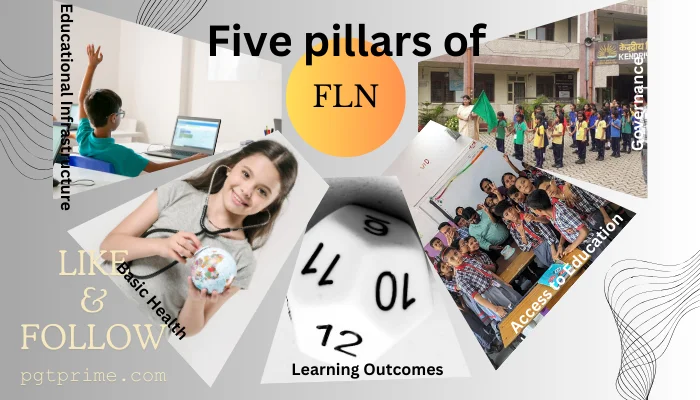
- Educational Infrastructure: Availability and quality of physical facilities, learning resources, and human resources for early childhood education.
- Access to Education: Enrolment, attendance, and retention of children in pre-primary and primary education, as well as the provision of inclusive and equitable learning opportunities.
- Basic Health: Health and nutrition status of children, as well as the availability and access to health and nutrition services and interventions.
- Learning Outcomes: Expected competencies and skills that children should acquire in the domains of literacy, numeracy, and holistic development by the end of grade three.
- Governance: Policies, plans, budgets, monitoring, evaluation, and coordination mechanisms that support the implementation and sustainability of FLN in Education.
Lucrative KVS PGT Salary Structure (2024) For Teachers
FLN in NEP 2020
Foundational Literacy and Numeracy (FLN Mission) is a crucial component of the National Education Policy (NEP) 2020. As per NEP 2020, the highest priority of the education system is to be achieved by universal foundational literacy and numeracy in primary school by 2025. It focuses on developing basic reading and writing skills. FLN Mission encompasses the ability to:
- Understand written texts.
- Express thoughts coherently in writing.
FLN Foundational Literacy and Numeracy
Integration of literacy and numeracy is the process of designing and delivering courses that develop the learners’ Language, Literacy, and Numeracy skills.
- Children should develop language skills to use languages to understand mathematical ideas.
- Using mathematical terminology as a part of daily language.
- To honor the best practices of teachers in classroom transformation and print-rich environment.
- Supporting teachers with quality mentoring visits.
- Promoting peer-to-peer learning in cluster meetings.
- Data-based collaboration gives main instructions for the effective use of a smart class.
Let’s examine the literacy and numeracy skills taught to students from Balvatika (Age 3) up to Grade 3 (Age 9).
| Class | Age | Numeracy | Literacy |
|---|---|---|---|
| Balvatika | 3 to 6 years | ● Read and write numbers up to 10 ● Recognize numbers up to 10 | ● Read and write Alphabet. ● Recognize letters up to 2 to 3 words. |
| Grade I | 6 to 7 years | ● Read and write numbers up to 99 ● Subtract and Add numbers up to 9 | ● Recognize and read letters up to a minimum of 5 words. ● Framing sentences up to 5 words. |
| Grade II | 7 to 8 years | ● Read and write numbers up to 999 ● Subtract and Add numbers up to 99 | ● Recognize and read letters up to a minimum of 45 to 60 words ● Framing sentences with meaning up to 60 words. |
| Grade III | 8 to 9 years | ● Read and write numbers up to 9999 ● Subtract and Add numbers up to 999 ● Solve multiplication problem | ● Read with meaning at least 60 words per unit. ● Write a paragraph with a minimum of 60 to 65 words. |
Embrace the change with NEP 2020 highlights
FLN Modules
FLN modules are the modules developed by the National Council of Educational Research and Training (NCERT) as part of the implementation of NEP 2020, and to help teachers and students achieve the objectives of Foundational Literacy and Numeracy (FLN mission).
FLN DIKSHA Module:
Diksha stands for Digital Infrastructure for Knowledge Sharing. It Provides e-content, training and assessment, and tools for teachers, students, and parents to improve foundational literacy and numeracy skills.
FLN NISHTHA Module:
Nishtha is a teacher training program that equips teachers with skills and techniques to teach children in foundational grades specifically. It offers 12 online courses in 11 languages, covering topics such as pedagogy, assessment, inclusion, and language development for teachers and school heads to improve FLN in Education.
School Prep Module:
It is developed by NCERT which is a 3-month play-based course named Vidya Pravesh and launched on 29th July 2021. The program in the module is designed to be implemented at the beginning of grade 1 for 3 months and transacted for 4 hours per day. It consists of activities and workbooks around the learning of alphabets, sounds, words, colors, shapes, and numbers, involving collaboration with peers and parents.
FLN Training for Teachers
There is a change in the style of teaching and learning of children. Children think, behave, analyze, and make decisions according to that. Education helps in realizing the need to teach children before teaching them anything. Keeping this in mind, this course is prepared with the help of SRG (State Resource Group), ARP (Academic Resource Person), KRP (Key Resource Person), and Sankul to fulfill the FLN mission.
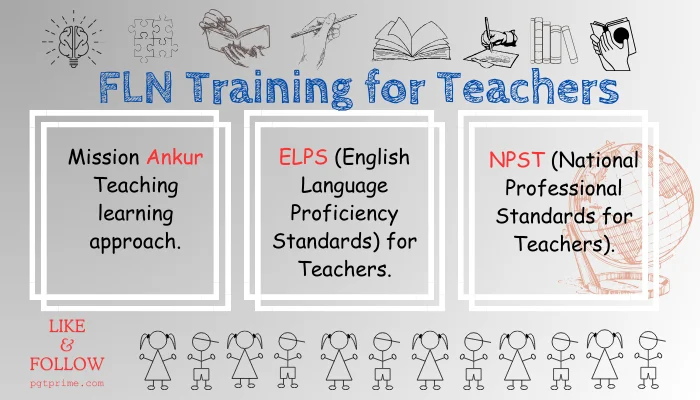
- The entire AARP will convey the main points of a workshop to all the teachers in each department.
- Mission Ankur Teaching learning approach: Coordination and overseeing all aspects of the program to achieve the primary objective of FLN.
- ELPS (English Language Proficiency Standards) for Teachers (FLN mission): English Language Proficiency Standards through English Lab.
- Teachers will be constantly assessed and reviewed on the parameters: Peer reviews, attendance, commitment, hours of CPD (Continuous Professional Development), and NPST (National Professional Standards for Teachers) will be developed by NCTE (National Council for Teacher Education) by 2022. NETF (National Educational Technology Forum) will be created for the exchange of ideas. Technology platforms like SWAYAM, and DIKSHA for online teacher training are present. Each level is described by a learning outcome in 5 domains, known as level descriptors.
- Professional theoretical knowledge.
- Professional hands-on skills and expertise.
- Employment Readiness.
- Broad learning outcomes and responsibility.
- Provides blended learning models to teachers in training to strengthen their skills.
- Soft skills, employability skills, and mentorship.
- Cognitive and metacognitive skills.
- Lab work and practical skills.
- Apprenticeship/on-job training.
FLN Action Plan
Various organizations like MOE (Ministry Of Education), NCF (National Curriculum Framework), and CBSE (Central Board of Secondary Education) implement FLN Mission and Action Plans to ensure that every child acquires the necessary literacy and numeracy skills by the end of Class 3:
MOE (Ministry of Education)
Development of Portal named as:
- SHAGUN
- DIKSHA (FLN)
- NISTHA (FLN)
- National Book Promotion Policy
NCF (National Curriculum Framework)
Initiatives at State Level
- Public Library
- Digital Library
● e-Pathshala
● NROER - Maths Kit, English Kit
- Language Cell
CBSE (Central Board of Secondary Education)
- School Preparation Module (SPM)
- Vidya Pravesh
- Workbook and Activity Materials
- CBSE- Examination and academic reforms
- DIKSHA FLN: Diksha Foundational Literacy and Numeracy (FLN mission), which is aligned with the Nipun Bharat mission launched by the Ministry of Education, focuses on the early years of learning, which are crucial for the holistic development of children. FLN helps children learn joyfully through play, stories, rhymes, local arts, and crafts, and music.
- NISHTHA FLN: NISHTHA FLN is a course on Foundational Literacy and Numeracy (FLN mission), which is a national mission for proficiency in reading with understanding and numeracy.
- CBSE Launches: Mobile App for students counseling and mental health. These counseling sessions shall be provided to students of classes 9 to 12 by 83 volunteer counselors. E-Learning App Diksha chatbot, Jio Embibe, Sandarshika (संदर्शिका), and Tata Studi launches Campaign for CBSE Students.
FLN Activities
Children studying Balvatika to class 8th are the target group for the “READ” (Rural Education for Action and Development) program. They are divided into 3 groups:
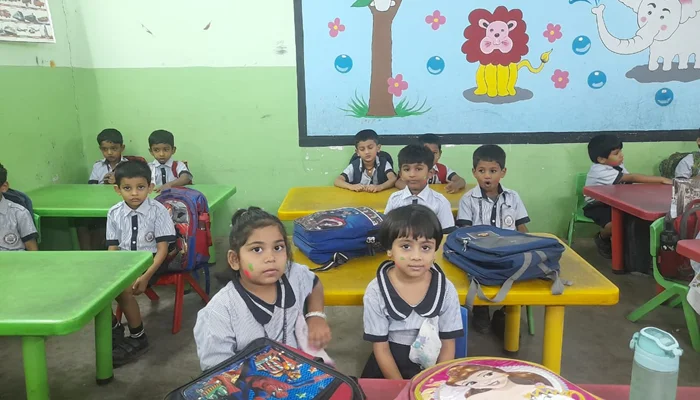
Group I –
Balvatika to Class 2
Group II –
Class 3 to Class 5
Group III –
Class 4 to Class 8
ELPS (English Language Proficiency Standards) approach for children under FLN mission:
- E- Experience with physical objects.
- L- Spoken language that describes the experience.
- P- Pictures that represent the experience.
- S- Written symbols that generalize the experience.
Duration and Activities under FLN Mission:
- 100 by READ Campaign is a 14-week (100 days) programme/activity starting from January 2022 to April 2022.
- Children should do one activity per week, focusing on making reading enjoyable.
- Groupwise activities are designed to achieve child literacy and numeracy skills (FLN in Education).
● Child Initiated activities :
- Toy based learning
- Pre Preparation Activities
- CWSN
- Phonological Awareness Activity
- Emergency Writing
- School Library Visit-Grading of books
- Read Aloud Activities
- Storytelling
- Post-reading activities such as Drawing, Puppet making, Role play, and Story writing.
Conclusion on FLN Mission
To improve the learning outcomes of children in the early stage of schooling. Developing curriculum, phonological awareness, phonics, fluency, vocabulary, and comprehension, is the need of the hour. To attain FLN Mission, more focus will be on art, puppet toys, music, games, and integrated learning activities instead of abstract teaching and rote learning.
Please let us know through the comment section if you want any topic to be discussed in this blog. We will try to provide an article on that subject as early as possible.
Please leave your valuable comment in the comment box! Your comments are valuable to us.
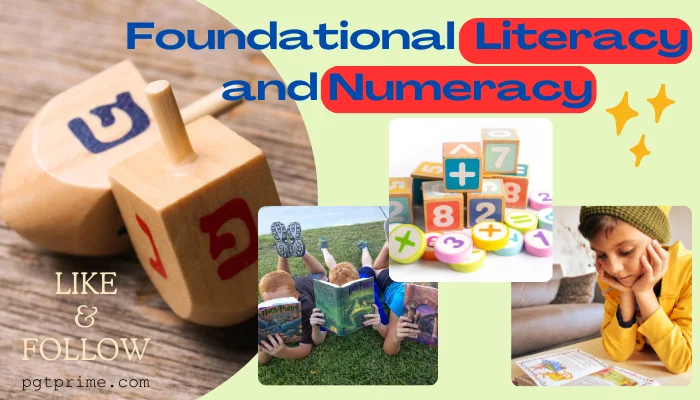

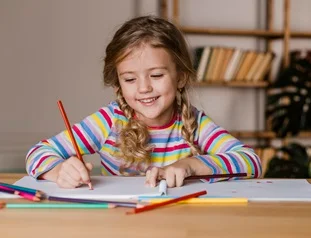



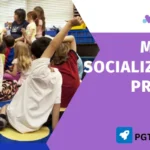

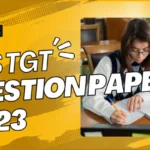
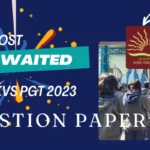
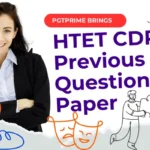
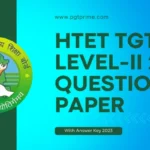

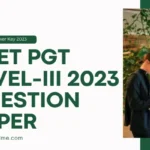

Very informative